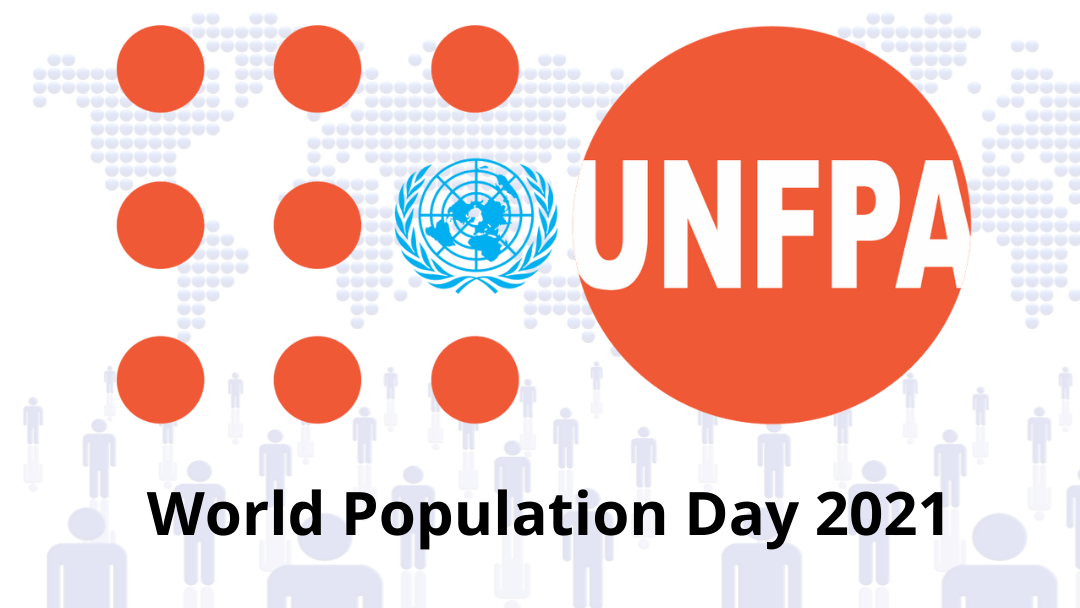World Population Day 2021:
Prioritizing reproductive health and rights of all crucial amid COVID-19 pandemic challenges
DILI, July 11, 2021 – Government of Timor-Leste in partnership with humanitarian partners officially launched a joint appeal in June to address the unsettled humanitarian needs for the most vulnerable following floods disaster that affected over 30,000 households already burdened by ongoing COVID-19 pandemic – with women and girls mostly affected.
As the world marks World Population Day, the pandemic has worsened gender inequities and gender-based violence, with increased incidence of violence under lockdowns, while causing serious gaps and challenges in the provision of sexual and reproductive health information and services
“COVID-19 has laid bare stark inequalities and weaknesses in healthcare systems within and among countries”.
“The crisis has caused many overstretched health systems to scale back sexual and reproductive health services, which are often not deemed essential. While these services are a human right, they have been put aside in favour of more “pressing” concerns,” said UNFPA Executive Director, Dr. Natalia Kanem.
According to UN Social Enonomic Impact Assesment (SEIA) of report 2020, during the national emegency in Timor-Leste, 14 percent households who have children below 10 years old, missed a vaccination – with over 97 percent of these coming from vulnerable households.
Also 40 percent of households had a woman aged between 15 and 49 in need of family planning or reproductive health services.
Notably, women in more vulnerable households missed out on the services more frequently than those in non-vulnerable households.
The findings linked missed vaccinations and reproductive health services to repurposing of Community Health Centers for COVID-19 readiness, interruption to public transportation, restrictions on movements and lach of masks for people to safely interact.
“Let us take action to close these gaps, because sexual and reproductive health services are essential. Even if health systems are understandably strained, these services cannot wait. Any further delays will curtail the health and well-being of women and girls, consequences that can last a lifetime,” said Dr. Natalia Kanem.
“Let us work together to uphold the right to decide when and if to have a family and let us stand up for the rights and choices of all women and girls.”
For more information contact:
Suleiman Okoth
Communications and Programme Support Specialist
United Nations Population Fund (UNFPA), Timor-Leste
UN House, Caicoli Street, Dili, Timor-Leste
Mobile: +670 75169796; WhatsApp: +254 780534026, Email; okoth@unfpa.org


